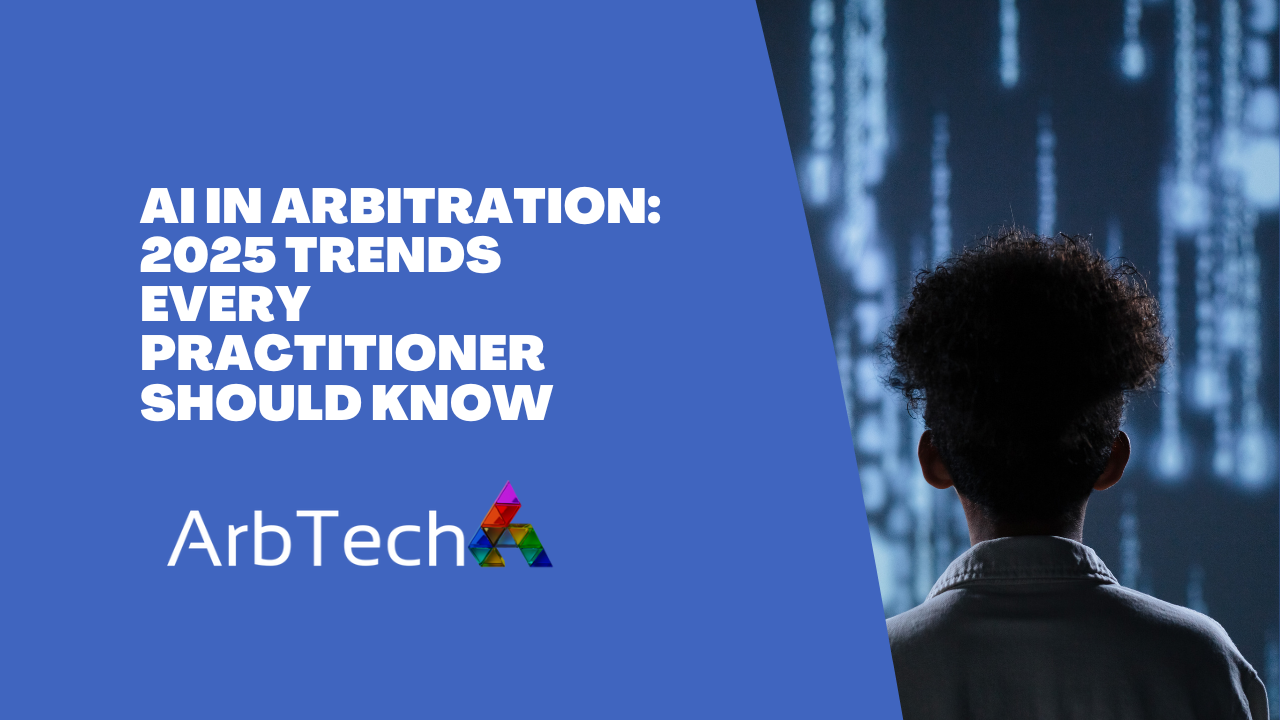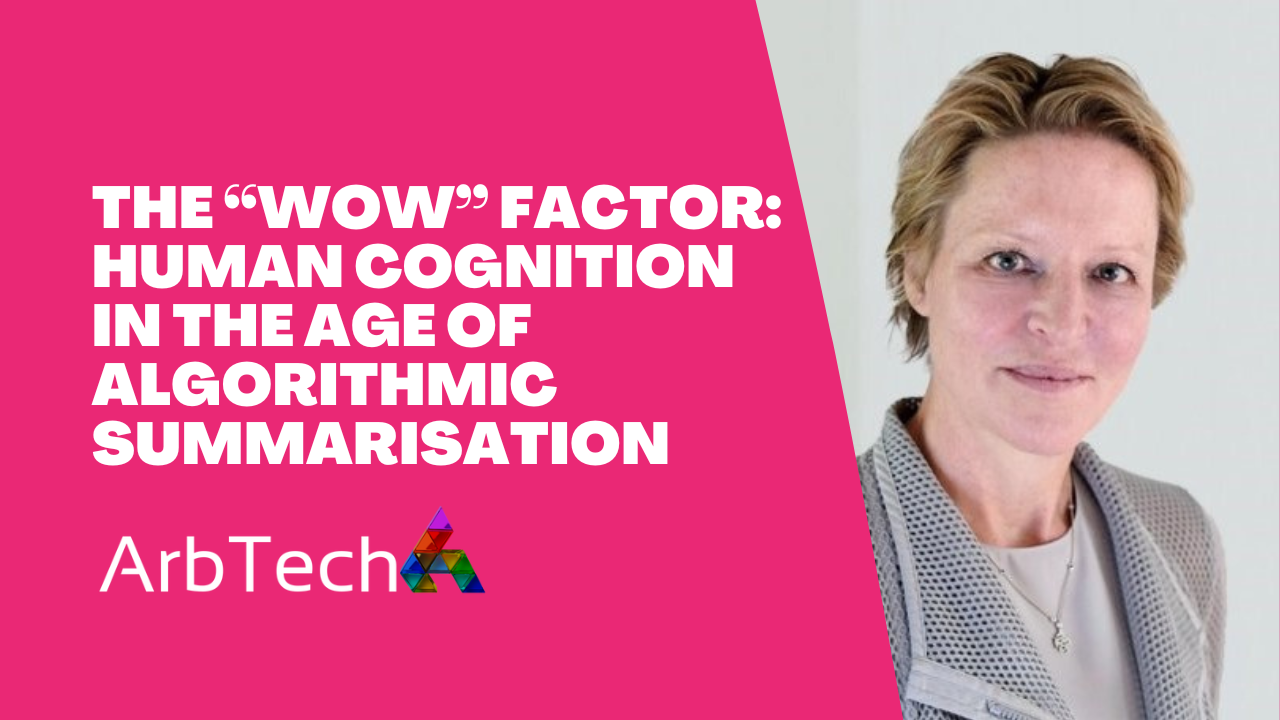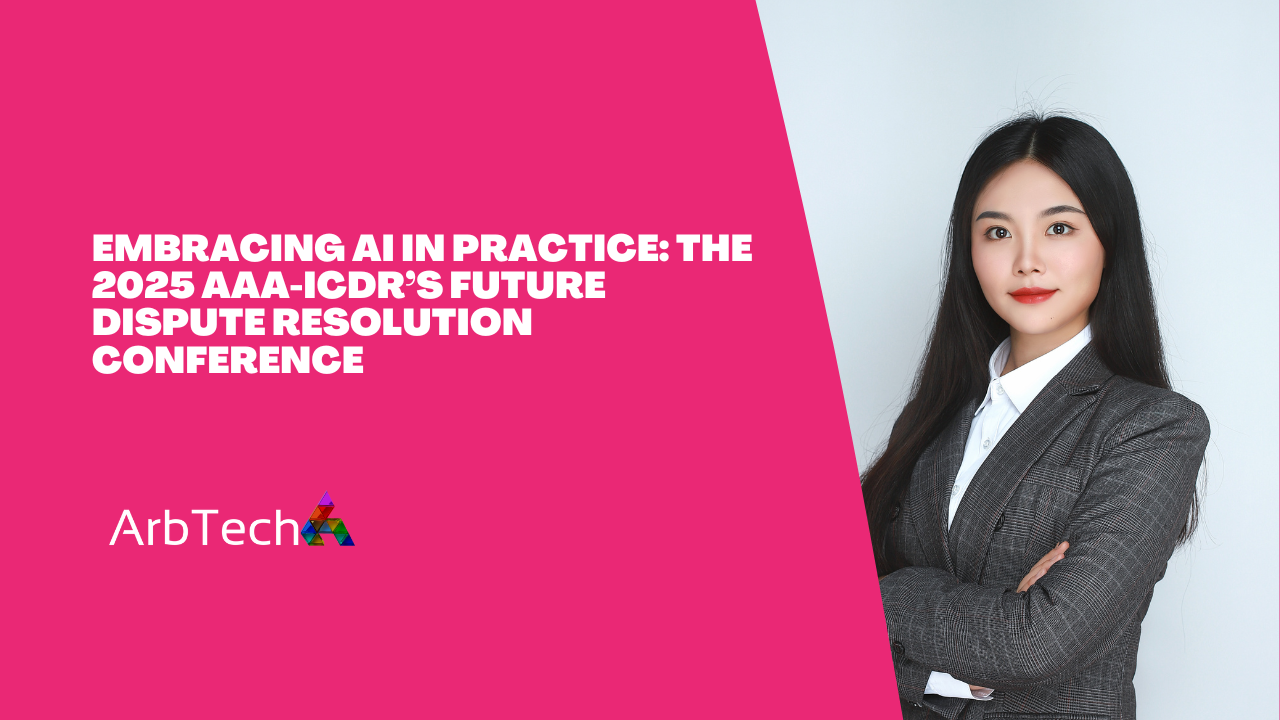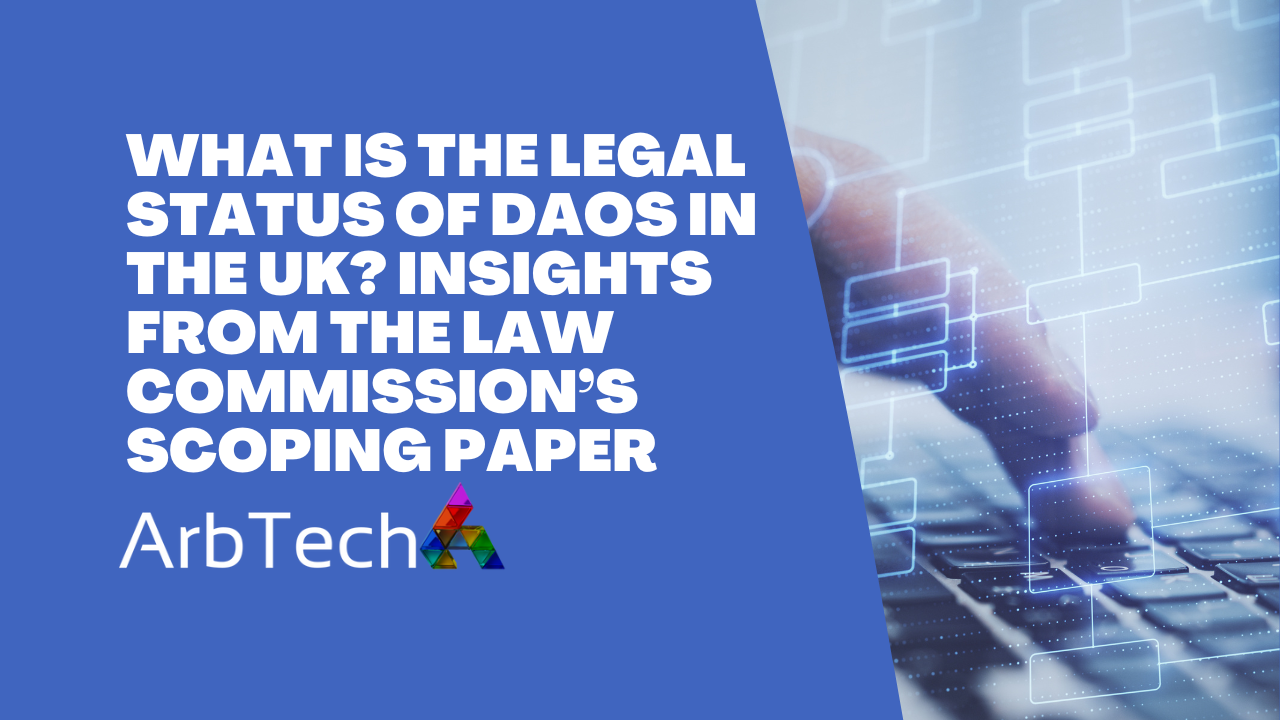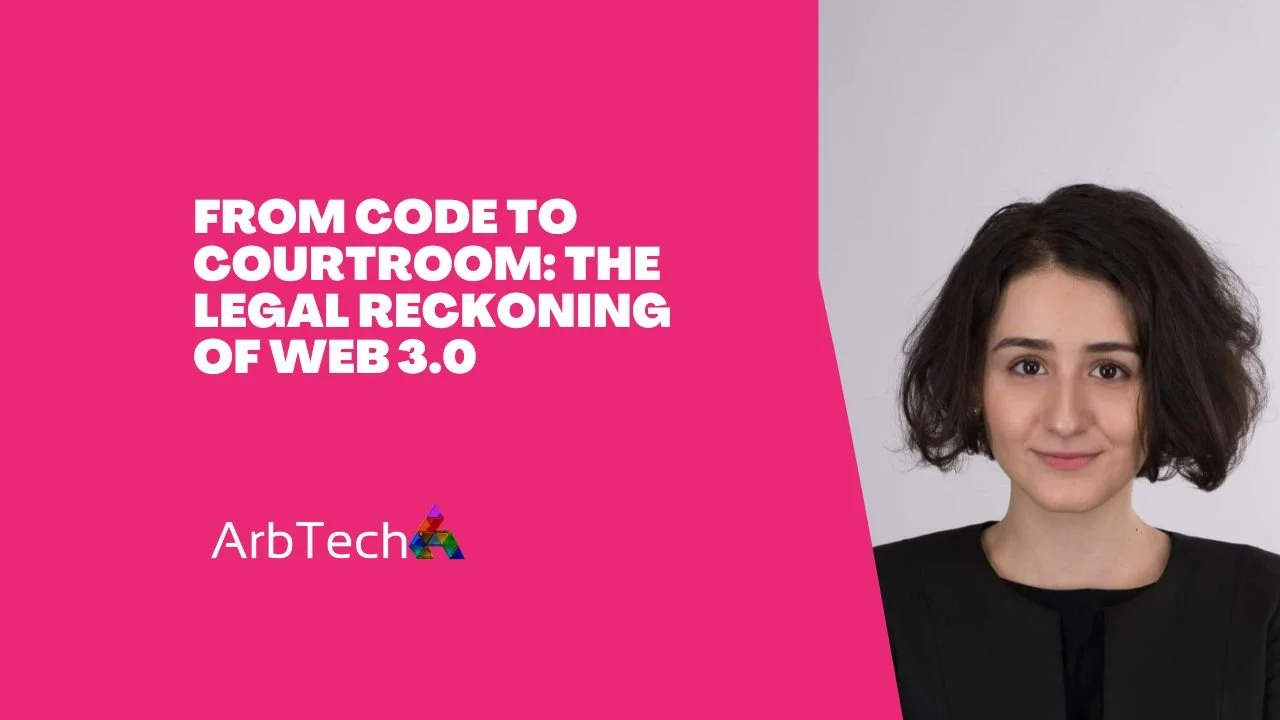Agentic AI And Data Protection: An Overview of the New ICO’s Tech Futures Report
Agentic AI investment is increasing rapidly, attracting interest and scrutiny from regulators, innovators, and technology adopters. On 8 January 2026, the Information Commissioner’s Office (ICO) released its ICO Tech Futures: Agentic AI Report, focusing on agentic AI. The ICO’s report aims to build an evidence base on the technology’s current state and associated data protection risks, while encouraging privacy-led innovation (ICO Tech Futures: Agentic AI Report, 2026).
ICO publications have often signalled regulatory priorities and operational expectations. In emerging areas like distributed ledger technologies, the ICO’s guidance has set design-phase compliance expectations and prompted active industry engagement (ICO Guidance on Distributed Ledger Technologies, 2024).
How to Protect Your Trademark and Domain Name Before a Dispute Arises: Practical Tips for Brand Owners
In previous posts, we covered the Uniform Domain Name Dispute Resolution Policy (“UDRP”), its main features as well as the roadmap of the procedure and the three elements that a complainant must prove. In this post, we will examine the steps that brand owners are recommended to take in order to safeguard their trademark(s) and domain name(s), thereby enhancing their position and prospects of success in the event of proceedings under the UDRP.
ArbTech in Conversation with Nicolas Torrent, Part II
Artificial intelligence is no longer theory—it is rewriting markets, governance, and the way legal professionals work. From practical use cases to the unsettling race toward artificial general intelligence, Nicolas Torrent offers a grounded yet sobering view of where we stand.
He discusses AI’s impact on legal education, the cognitive risks of outsourcing thinking, the geopolitical arms race between the US and China, and why alignment, ethics, and resilience may determine whether humanity thrives—or falls behind its own creations.
ArbTech in conversation with Nicolas Torrent Part I [1]
From dismantling his childhood toys to co-creating one of the earliest digital arbitration platforms, Nicolas Torrent has never been content with simply “practicing law.” His career spans startups in Switzerland and France, community platforms, legal tech ventures, business development, and in-house counsel for a global tech-driven company.
In this interview, he speaks candidly about what it means to be a lawyer-entrepreneur, why the failures matter more than the successes, and how innovation often comes down to timing, resilience, and the courage to move beyond traditional legal paths.
DOMAIN NAME DISPUTES: ROADMAP OF THE PROCEDURE
In a previous post, we described how the Uniform Domain Name Dispute Resolution Policy (“UDRP” or “Policy”) was put in place, what types of disputes it is designed to solve, who administers the proceedings, and who the decision-makers are.
We will now present a roadmap of the procedure, what a complainant must prove, what the costs, duration and relevant enforcement issues are.
Transforming Multi-million Data Points Into a Snapshot of the Arbitration World
After conducting 117 interviews over 70+ hours and engaging extensively with the arbitration community, Dr. Thomas Lehmann shifts from interviewer to interviewee. In this conversation, we delve into the making of the 2025 International Arbitration Survey, led by the School of International Arbitration at Queen Mary University of London in partnership with White & Case. From drafting and refining the questions to gathering millions of data points and distilling them into a clear snapshot of the arbitration landscape, Thomas shares insights into the process, and focuses on the big question: How does the arbitration community view technology? We explore key concerns and reflect on a few ideas about the future.
Domain Name Disputes: An Introduction to Its Main Features
Domain name disputes have become a central issue in today’s digital economy, where trademarks and online identities often collide. This article introduces the Uniform Domain Name Dispute Resolution Policy (UDRP), the system developed to resolve cases of cybersquatting and abusive registrations swiftly and cost-effectively. From the history of the UDRP to its jurisdiction, procedures, and differences from arbitration or court litigation, the post explores the key features that shape how domain name disputes are handled worldwide.
How AI Is Actually Used in Arbitration Today
Artificial intelligence (AI) is no longer a futuristic concept in international arbitration. It’s here—embedded in daily workflows and reshaping how disputes are managed from start to finish. While much has been said about AI’s potential, this post focuses on how it’s actually being used in practice right now.
Smart Contracts and Arbitration: A Q&A with Sean McCarthy
Smart contracts are rapidly shaping the future of blockchain and digital assets — and with them comes a wave of new disputes, questions, and opportunities for arbitration. Sean McCarthy, co-editor of Transforming Arbitration: Exploring the Impact of AI, Blockchain, Metaverse and Web3 and co-founder of ArbTech, gives his insights on what practitioners need to know.
AAA-ICDR’s suite of AI-powered and digital tools
The not-for-profit American Arbitration Association (AAA) is the largest private global provider of alternative dispute resolution (ADR) services in the world, with nearly 100 years of experience.
The International Centre for Dispute Resolution (ICDR) is the international division of AAA. The ICDR is the foremost provider of global conflict-resolution solutions to businesses and organizations involved in cross-border disputes.
AI in Arbitration: 2025 Trends Every Practitioner Should Know
Artificial intelligence (AI) has officially entered the arbitration room. No longer limited to legal tech conferences or speculative panels, AI is now actively reshaping how arbitrators, counsel, and institutions conduct and manage disputes. In 2025, the legal industry is transitioning from discussion to deployment.
Constitutional AI in International Arbitration: What It Is—and Why It Matters Now
As AI becomes woven into the fabric of legal practice, international arbitration must shift focus from if to how we adopt it—and crucially, under what framework.
Enter Constitutional AI.
The “WOW” Factor: Human Cognition in the Age of Algorithmic Summarisation
Today, I want to briefly explore a quieter, more psychological dimension of the rise of AI in judicial systems — specifically, how the human mind responds to algorithms that can now summarize vast amounts of data faster, and in many cases more coherently, than we can.
Embracing AI in Practice: The 2025 AAA-ICDR’s Future Dispute Resolution Conference
Held on 10 June 2025 at the Peace Palace in The Hague, the AAA–ICDR’s Future Dispute Resolution Conference brought together global experts in arbitration, mediation, and legal tech. The event explored how Artificial Intelligence (AI)* and emerging technologies are transforming international dispute resolution. Across five sessions, speakers discussed new tools, ethical frameworks, and evolving practices that are reshaping how disputes are handled.
What Is the Legal Status of DAOs in the UK? Insights from the Law Commission’s Scoping Paper
Decentralized Autonomous Organizations (DAOs) are no longer fringe experiments. From crypto-native collectives to community-governed platforms, DAOs are reshaping how groups organize, fund, and govern themselves. But as these novel structures evolve, the legalframeworks surrounding them struggle to keep up.
Crypto Points Explained: Legal Risks, UseCases, and the Future of Web3 Rewards
From gamified incentives to blockchain loyalty schemes, crypto points are quickly becoming one of the most discussed phenomena in the Web3 ecosystem. But what are crypto points, how do they work, and what are the legal risks surrounding them?
Greener Dispute Resolution: How BundleCorp Helps Law Firms Reduce Carbon Footprints and Meet Environmental Targets
From clients and regulators to young legal talent, the legal industry is being asked tough questions about sustainability, particularly in dispute resolution. Fortunately, technology is offering powerful solutions. BundleCorp, a leader in digital bundling, is helping firms take meaningful strides toward greener litigation and arbitration without compromising on efficiency or compliance.
From Code to Courtroom: The Legal Reckoning of Web 3.0
This article examines how traditional legal systems are grappling with the decentralised and borderless nature of Web 3.0 by analysing two pivotal cases,Tulip Trading Ltd v Bitcoin Association and Consensys v SEC, which were selected for their contrasting legal contexts but shared significance in testing whether existing legal doctrines can meaningfully adapt to decentralised technologies, or whether such technologies will be reshaped or even undermined by the pressures of legal enforcement.
From Today to Tomorrow: AAA-ICDR and ArbTech Panel Discussion on Tech-Driven Arbitration
On 19 February 2025, a panel of arbitration experts gathered in New York to explore how emerging technologies—particularly artificial intelligence (“AI”)—are reshaping international arbitration. The discussion, titled “From Today to Tomorrow: Tech-Driven Arbitration,” was hosted by the AAA-ICDR and ArbTech and moderated by Mihaela Apostol (ArbTech, London).
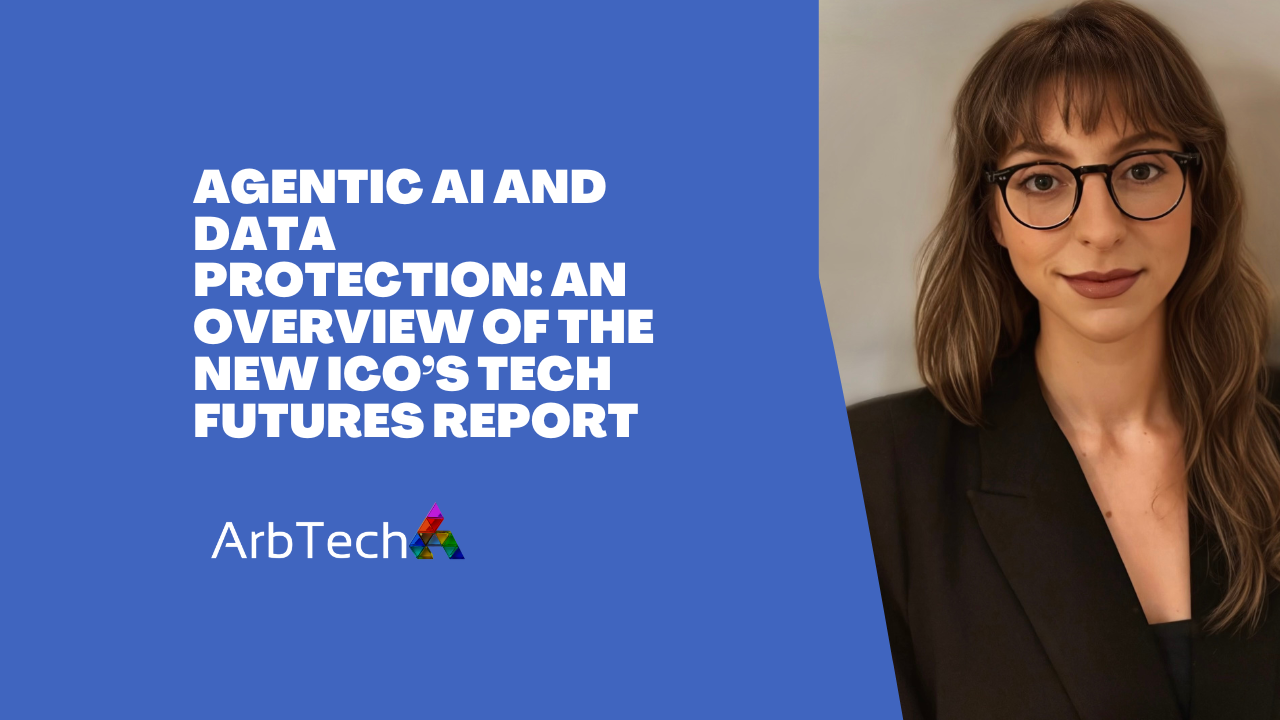


![ArbTech in conversation with Nicolas Torrent Part I [1]](https://images.squarespace-cdn.com/content/v1/630f4f3130d65652c83afad1/1763999312302-55RJ1F95BEM80QN2OHXZ/Copy+of+What+is+Web3+%2845%29.png)







